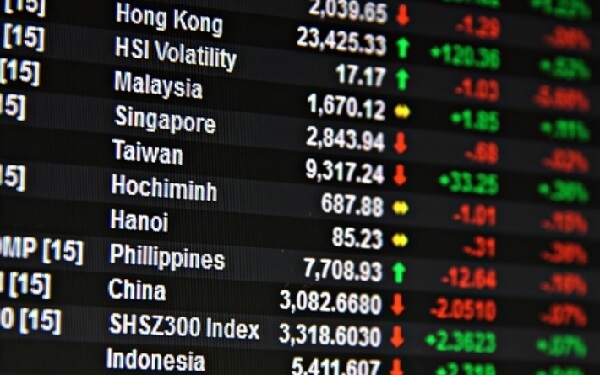
Chinese biotech company Ascletis Pharma debuted on the Hong Kong stock exchange, rising as much as 6.4 percent, but ending the day where it started. Shares began trading at $14 (HK) and rose as high as $14.90 (HK) in early trading before returning by end of the trading day to $14. The listing was made under a new set of rules.
According to Reuters UK, “The rules, introduced in late April, are part of efforts to better compete with New York for listings. Currently, Nasdaq is the biggest center for biotech initial public offerings (IPOs), with $2.4 billion worth of such shares sold last year.”
Ascletis, based in Hangzhou, China, was founded in 2013 and has two drug candidates for the treatment of hepatitis C and one for HIV, which has finished a Phase IIa clinical trial. The company also has a liver cancer drug candidate, which has completed Phase I and Phase I extension clinical trials.
The new rules allow Chinese biotech companies to launch IPOs when they have not made a profit or brought in revenue yet—a condition that applies to most biotech companies, unlike typical tech companies. In biotech, an IPO is often launched to raise money to advance a product into clinical trials, particularly the more expensive Phase II and Phase III clinical trials.
After the new rules were put in place, more than 10 biotech companies, mostly Chinese, announced plans to list in Hong Kong. Some have also dropped plans to launch IPOs in the U.S. in favor of the Hong Kong exchange. Two companies that are planning to list in Hong Kong are Innovent Biologics and Shanghai Henlius Biotech.
Under the previous guidelines, the Hong Kong exchange’s biggest biotech IPOs were 3SBio, which raised $818 million in 2015 and WuXi Biologics Cayman, which raised $587 million in 2017.
There is currently an ongoing scandal in China over a biopharma company, Changsheng Bio-Technology, which is under investigation by Chinese regulators for allegedly falsifying data for several products. Shenzhen Stock Exchange has barred the company’s major shareholders and executives from selling stock and threatened to delist the company.
In November 2017, two batches of DPT vaccines made by Changsheng and the Wuhan Institute of Biological Products didn’t meet national standards. A July 2018 inspection found evidence of forged data related to the company’s manufacturing of about 113,000 rabies vaccines. At that time the State Drug Administration revoked the company’s license to produce the vaccine and initiated recalls. Vaccine production was suspended the next day and on July 17, the Jilin Food and Drug Administration fined the company 3.4 million yuan ($502,000 U.S.) over the DPT vaccines from the previous year.
Wu Jinzi, founder of Ascletis, was asked about the Changsheng scandal and said that quality was “the lifeline” of Ascletis. “We are going to make the best quality, most effective and the safest drugs for patients in China and the world,” he told Reuters.
In a country known for executing white collar criminals, that seems like a reasonable answer.
Source: Biospace